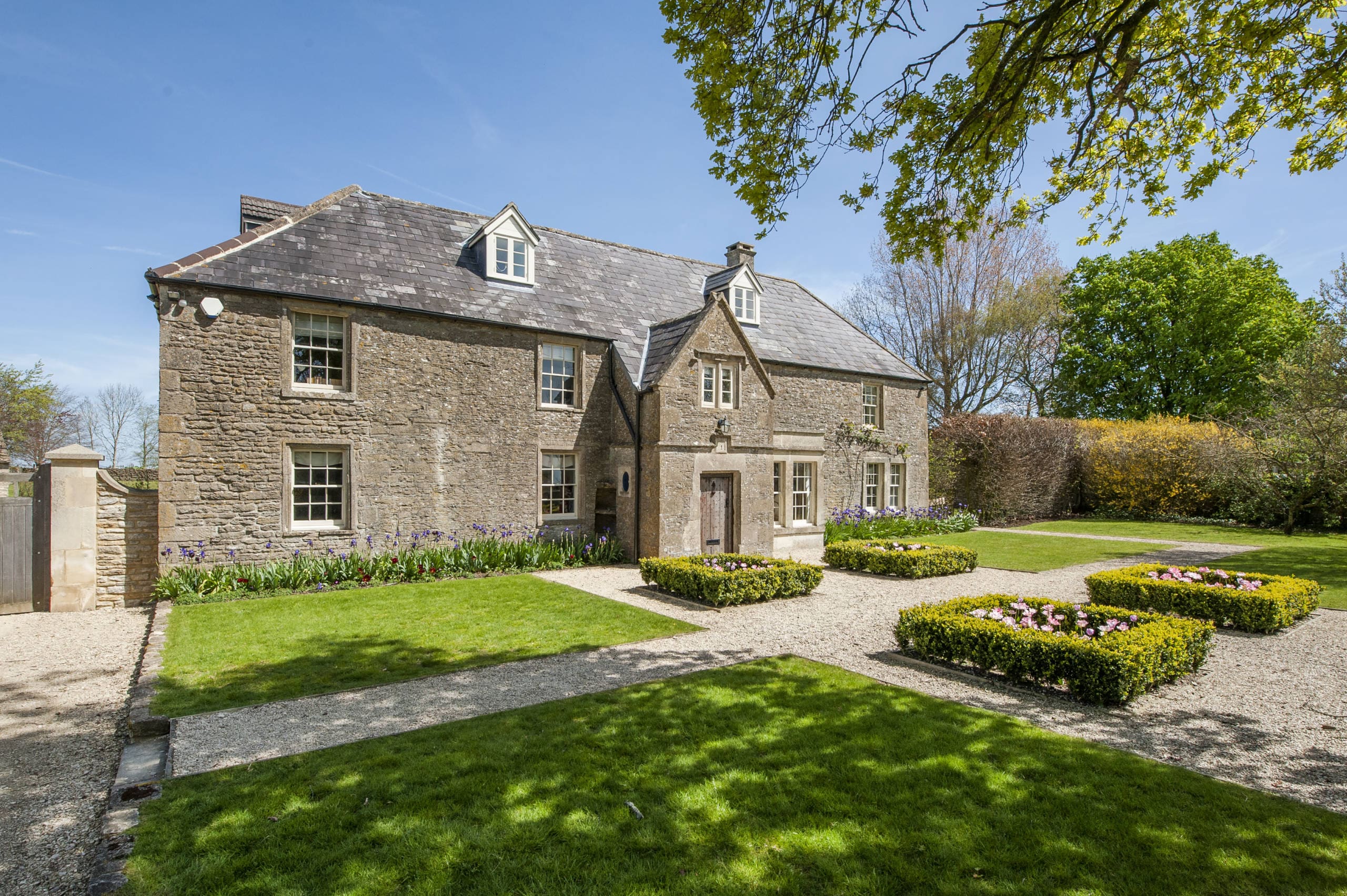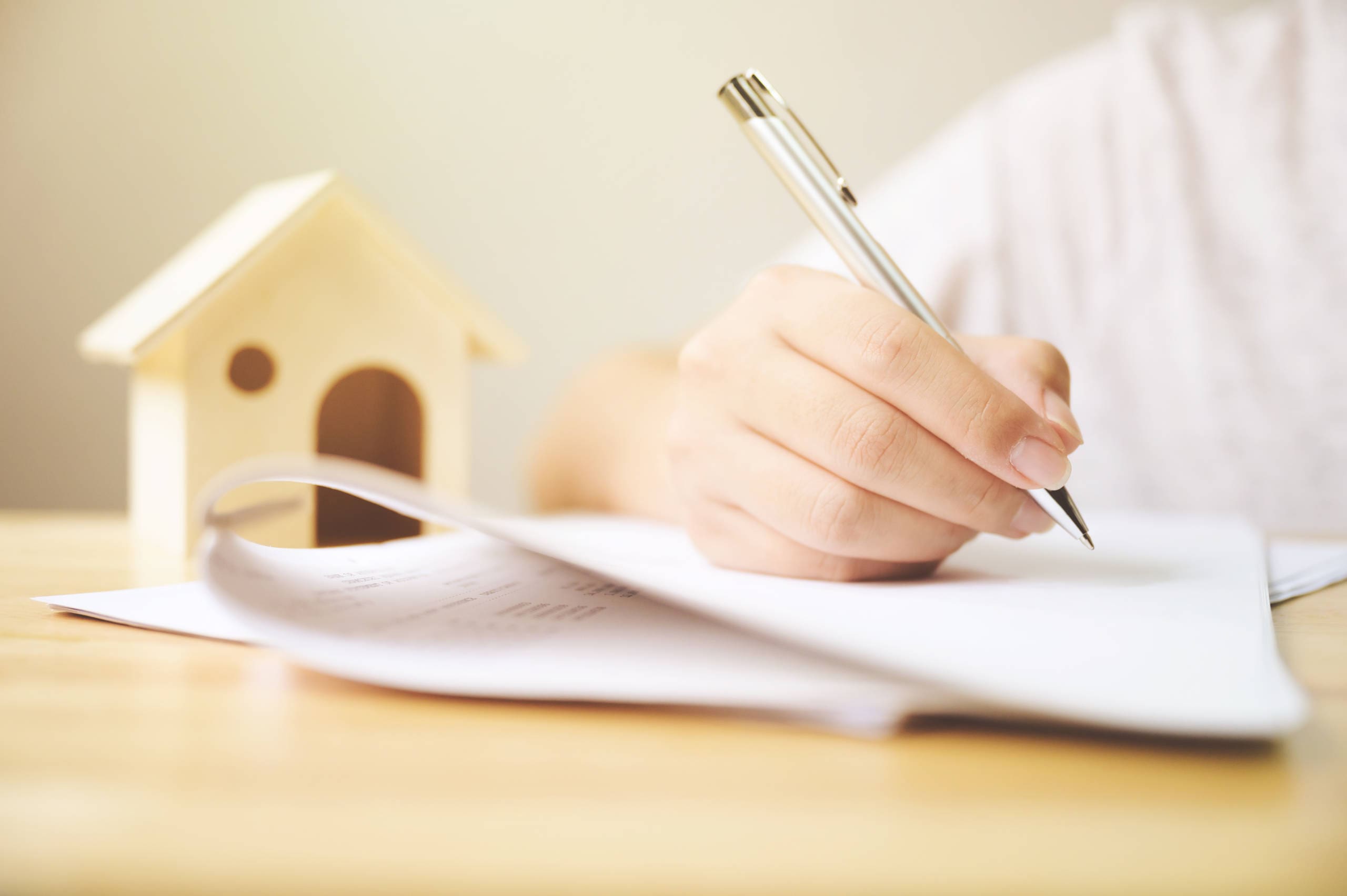Buying a home is likely to be one of the biggest investments you’ll make in your life.
While prospective homeowners focus primarily on the purchase price of a property, there are a number of additional costs that need to be budgeted for including legal fees, stamp duty, mortgage fees, moving costs and so on.
We’ve written this article to help you understand the hidden costs you could face when buying a house in the UK and avoid any nasty surprises.
Keep reading to learn about the following…
[ez-toc]
Deposit
Starting with the basics, before you purchase a property with a mortgage, you’ll need to put down a deposit of around 5%. Mortgages are usually available at around 95% loan-to-value (LTV). This works out at £10,000 if you’re buying a home valued at £200,000. If you can afford it, it’s worth saving as much for your deposit as you can as this can usually land you better mortgage deals with lower interest rates.
It is possible to use a loan for a house deposit, but most lenders will not accept this. Therefore, as a general rule, you will need to have the savings in place for your deposit if you want to secure a mortgage.
Stamp Duty
Stamp Duty is one of the biggest hidden costs you’ll need to pay when buying a home. This is a UK government tax that is based on the value of your home and divided into certain bands.
You’ll need to pay stamp duty if you’re buying a freehold property, a new or existing leasehold property, or a property through a shared ownership scheme, or you’ve been transferred land or property in exchange for payment.
However, not everyone needs to pay stamp duty. If your property is less than the government Stamp Duty thresholds (2023), you won’t be liable. These thresholds are:
- £250,000 for residential properties
- £425,000 for first-time buyers buying a residential property worth £625,000 or less.
- £150,000 for non-residential land and properties
You can calculate whether you need to pay and if so, how much this will be by using the HM Revenue and Customs’ (HMRC) Stamp Duty Land Tax calculator.
Conveyancing fees
Conveyancing is the legal process involved in buying a property and is carried out by a solicitor or licensed conveyancer.
It includes…
- Legal fees: what the solicitor or conveyancer charges
- Disbursements: This includes local authority searches, registering the change of ownership with the Land Registry, leasehold fees and money transfer fees.
How much you need to budget for these services depends on the value of your home, any local searches you have done and whether the property is freehold or leasehold. On average, this works out to around £500-£1150.

Survey costs
Before you buy your home, it’s essential to get a professional survey of the building’s condition. In fact, most lenders will insist you get one before they give you a mortgage.
A survey will help you identify any potential problems, avoid unexpected costs in the future and reassure you that the property is in a good condition.
The survey costs depend on which type of survey you choose and the value of your property. Usually, this adds up to somewhere between £300 and £1500.
There are three types of surveys:
- RICS Home Survey – Level 1 (Cost: £500-950)
- RICS Home Survey – Level 2/RPSA Home Condition Survey (Cost: £500-£1000)
- RICS Home Survey – Level 3/RPSA Building Survey (Cost: £700-£1500)
We’d advise that you get the most detailed survey you can afford.
Mortgage broker fees
If you’re a first-time buyer or simply prefer someone else to take care of the various mortgage deals available, you may choose to use a mortgage broker.
Of course, this also comes at an extra cost. Most mortgage brokers charge between £300 – £1000 for their services, although some do receive a commission from the lender themselves.
Mortgage valuation fees
Many mortgage lenders will also want to check what the property is worth to safeguard your loan, although many now do this fee-free. Either way, we recommend that you budget between £150-£1500 for this potential hidden cost when buying a home in the UK.
Mortgage arrangement fees
Your mortgage lender will also ask for an arrangement fee that can range from a few hundred pounds to 1% of the total mortgage value or around £2000.
You can add this to the loan itself if you prefer but it’s usually better if you can pay it upfront and reduce your monthly repayments. While it is possible to find mortgages without arrangement fees, they usually come with higher interest rates so are best avoided.
Removal costs
Congratulations- you’ve changed contracts, received the keys and are ready to move in! The next task to consider is how you’ll move your possessions into your new home. If you have very few possessions, you can usually hire a van (between £35 and £75 per hour) and do it yourself.
However, if you want to reduce moving-day stress and get extra help packing, it’s a good idea to hire a professional removal company. While this usually increases your cost of moving to between £350 and £2500, it’s well worth the money, especially if you have kids or pets.

Ongoing costs
Once you’ve moved into your new home, you’ll need to budget for several ongoing costs. This includes the following:
- Maintenance and repairs: Usually around £5,750 for new homeowners.
- Insurance: You’ll also need buildings insurance, life insurance and contents insurance to protect your new home from structural damage, keep your possessions safe and ensure you can repay your mortgage if you die before the full amount has been settled.
- Council Tax: You’ll also need to pay council tax based on your valuation band.
- Utility bills: Remember to budget for utilities such as gas, electricity, water, broadband, TV packages and any other extras.
- Ground rent and service charges: If you’re a leaseholder, you’ll have to pay the freeholder for maintaining and insuring the common areas.
- Mortgage costs: You’ll also need to make mortgage repayments based on your mortgage provider, the type of mortgage and current interest rates.
Summary
When you’re buying a property, make sure you consider the hidden costs you will need to pay.
While this may feel overwhelming, don’t worry. By ensuring you’ve included these costs in your budget, you’ll ensure your purchase is legal, avoid any nasty surprises and be able to enjoy your new home, completely stress-free.
Cobb Farr will guide you throughout the process:
Whether you’re buying, selling, or letting your property and need friendly advice, please contact us today.


